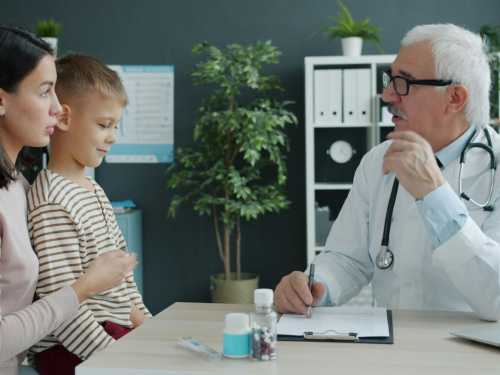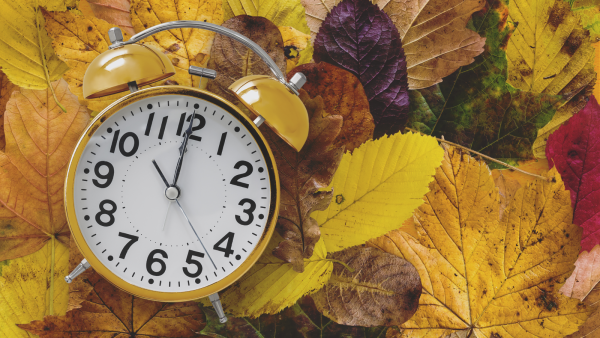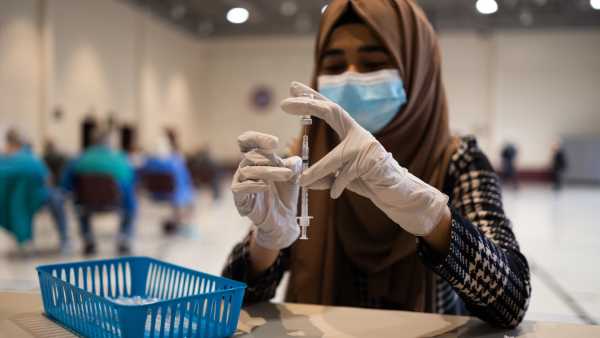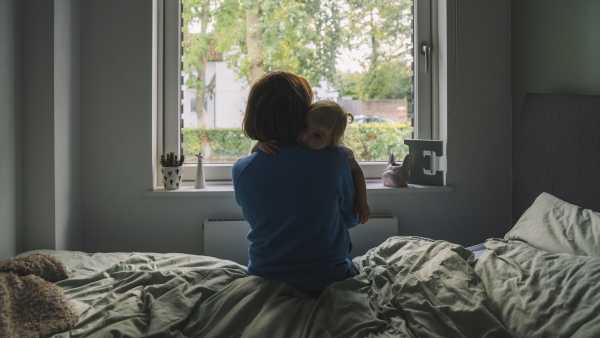
Mood swings, overexcitement, apathy — when is this the norm, and when is it a reason to consult a child psychiatrist? And why shouldn't you be afraid and embarrassed about visiting this specialist?
Who is a child psychiatrist?
A child psychiatrist is no different from other doctors. When it comes to cognitive and emotional disorders, many people do not attach importance to this – because it is not a disease of any organ. But in fact, the psyche is a certain structure of an organic nature, and psychiatry is a broad field with very different problems and diseases.
The main task of a child psychiatrist is to develop a care pathway for a specific child that will not only alleviate symptoms but also improve the quality of life of the little patient and his or her loved ones.
Many parents refuse to consult a child psychiatrist at an early age and believe that a neurologist is enough. Although child psychiatrists and child neurologists work side by side, they have different codes for making diagnoses. And even if a neurologist suspects a disorder, he will not be able to make a diagnosis of “autism spectrum disorder” – this is the competence of a psychiatrist.
Serious mental illnesses, as a rule, very rarely manifest themselves in preschool age. However, already at the age of 5, a child may encounter such a psychiatric illness as depression, so early diagnosis cannot be ignored. In addition, numerous European studies prove that depression and neuroses are increasingly common in children, and children experience them differently than adults. This condition affects the central nervous system, and it is important to choose a treatment regimen that will help establish the correct sleep and wakefulness regime, and control the child's emotional outbursts.
In which cases should you contact a specialist?
Most often, child psychiatrists are consulted with preschoolers regarding minor psychiatric disorders: various emotional and volitional disorders, which manifest themselves in the fact that the child is restless, cannot maintain attention for a long time, does not want to do anything, gets nervous quickly, or has attention deficit hyperactivity disorder.
You should contact a child psychiatrist if:
- The child's cognitive functions (memory, speech, perception, attention) are impaired, and changes in the emotional sphere are observed.
- Interaction with loved ones and peers is disrupted. For example, there is excessive isolation or shyness, apathy, and depression.
- The child has outbursts of uncontrolled aggression, cruelty towards other children or animals, and high anxiety is observed.
- Parents constantly notice physiological symptoms: the child sleeps poorly and restlessly or suffers from insomnia, gets tired quickly and complains of a headache or stomachache.
Although it can be difficult for parents to draw the line, there is a key criterion that helps to distinguish the norm from possible pathology. Any child can have a bad mood, disobedience, occasional sleep disorders. But if most of the time he is cheerful, eats well and communicates with peers, this may just be an adaptation to new circumstances. But if the child is in an excited or, conversely, depressed state almost constantly, and this disrupts his usual life, this is a reason to consult a doctor.
Why are people afraid of visiting a psychiatrist?
For an adult, “psychiatrist” is a stigmatized word associated with schizophrenia and other serious disorders. While psychologists have become commonplace, visiting a psychiatrist is still, unfortunately, something that is better hidden.
Most parents are scared by the records in the medical record and the possible impact of the diagnosis on the future. However, a timely visit to the doctor and the right treatment are designed to improve the quality of the child's social life and help him in his studies, not harm him. A psychiatrist is a specialist who has the necessary knowledge to diagnose and help with a certain group of disorders, while a pediatrician or neurologist uses other approaches.
How to prepare your child for admission
Unlike parents who often feel fear, shame, or guilt, for a child a psychiatrist is the same doctor in a white coat as a dentist or pediatrician. If a mother does not share her fears, does not convey her attitude and mood to her son or daughter, no preparation is needed.
The primary role of a child psychiatrist is to help the child, not to label them with a mental illness. After a visit to a qualified psychiatrist with extensive experience working with children, there will be no trace of parental fears and prejudices. On the contrary, there will be a feeling of gratitude for answers to important questions and a clear plan of action.
Remember that, like any organ, our psyche can have functional and organic disorders. Fortunately, most of them are temporary and mild, although they require timely intervention and correction. In most cases, the problem is not solved with medication, but by prescribing classes with related specialists – neuropsychologists, speech therapists-defectologists.





